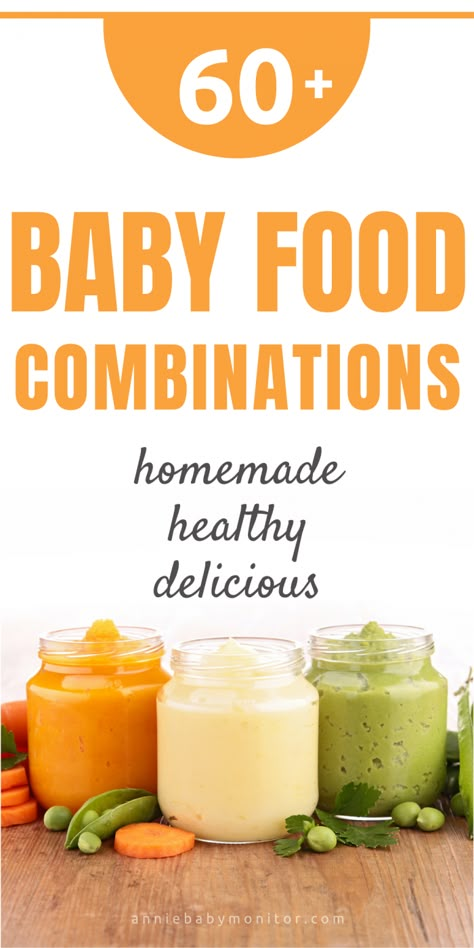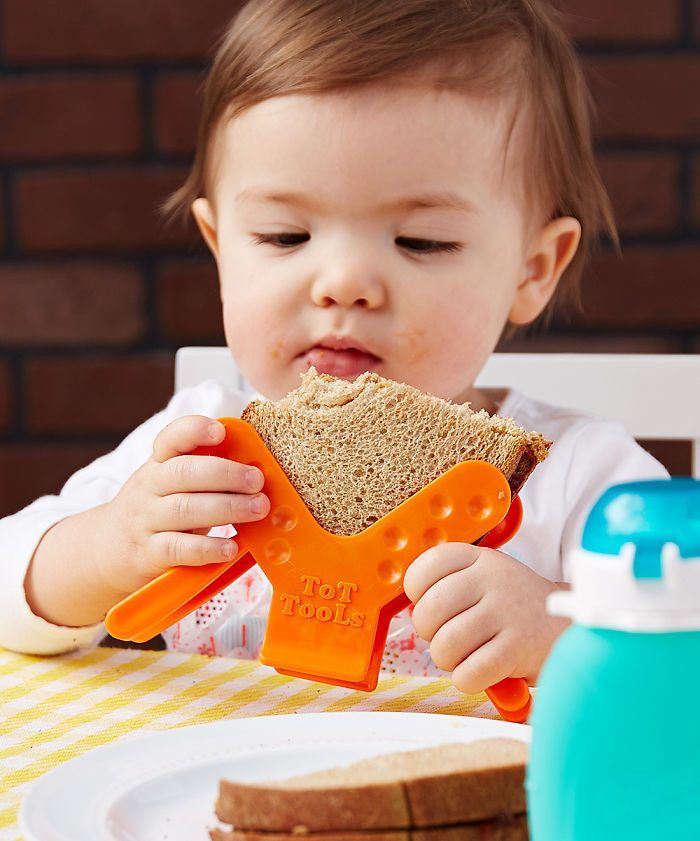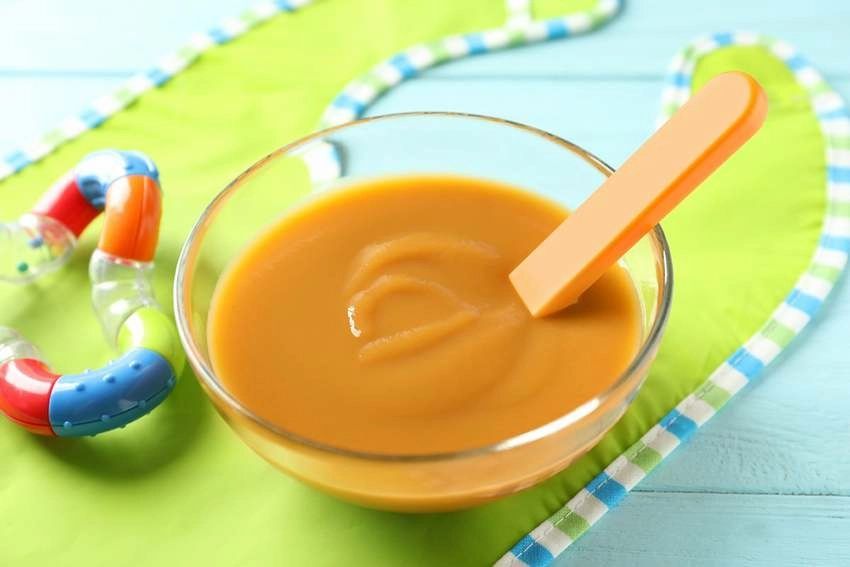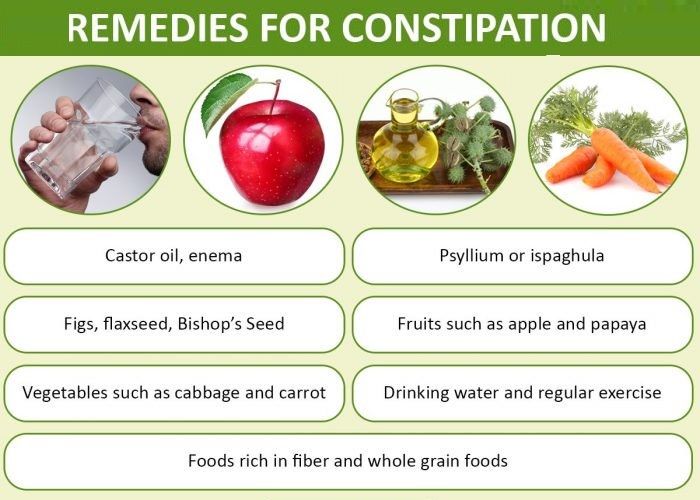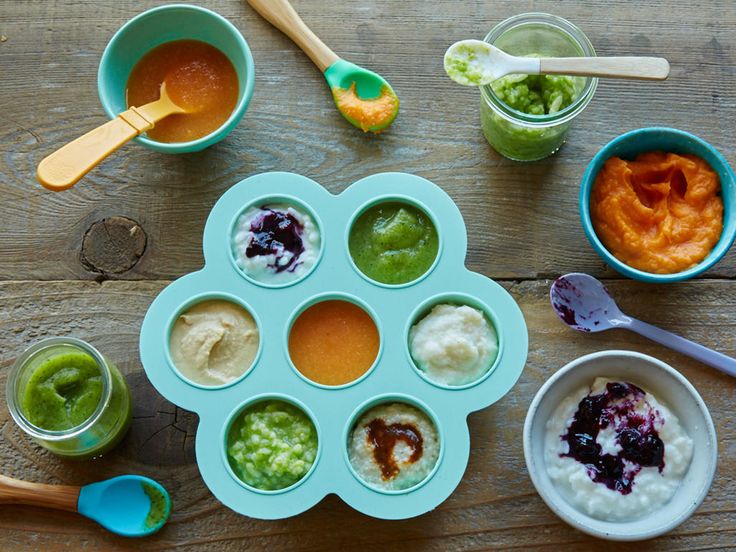Baby food onion
Benefits, Age, for Colic, and More
So many delicious foods start with a bit of onion. Casseroles, tacos, salsa, soups — onions are in everything! With all the tasty concoctions you can make with this classic ingredient, you may be especially eager to introduce onions to your favorite little person: your baby.
The when and how of feeding your child solids can sometimes feel confusing or overwhelming. Fortunately, starting your baby on onion is relatively simple. We’ve got the details on including this aromatic veggie in your little one’s diet.
With their firm texture and strong taste, onions may not be a top contender for your child’s very first solid food — but, according to the American Academy of Pediatrics (AAP), there’s no perfect order in which to introduce various types of solids.
“Onions can be safely given to babies as they begin solid foods, starting around 6 months old,” confirms pediatric dietitian Grace Shea, MS, RDN, CSP.
According to the AAP, signs of readiness for solid foods include:
- holding their head up
- moving food from a spoon into their throat
- opening their mouth as food approaches
- doubling birth weight to around 13 pounds
When your child displays these indicators, you can consider giving them their first taste of cooked onions.
Onions are a healthy food for people of all ages — and that includes babies!
“Onions are packed with nutrients beneficial for babies, like fiber and prebiotics, which support digestion,” says Shea. One small onion contains about 1 gram of fiber. This may not sound like much — until you consider that babies only require about 5 grams of this nutrient per day.
Additionally, onions are a significant source of vitamin C at 5 milligrams (mg) per small onion. (This is about 10 percent of the recommended daily intake of 50 mg for infants 7 to 12 months.) Getting enough vitamin C can help your child’s body create collagen, combat damaging free radicals, and maintain immunity.
In smaller amounts, onions also provide folate, vitamin B6, and potassium.
We know your baby isn’t going to eat even one small onion daily. But besides their nutrition benefits, onions offer the perk of adding flavor to baby’s food without sodium or anything artificial.
It’s a rare breed of person — whether infant or adult — who enjoys eating onions raw.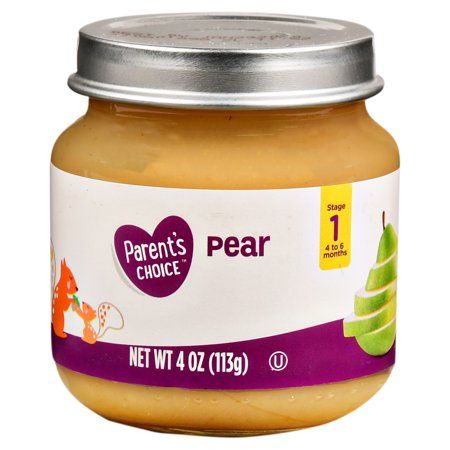 Just like you probably don’t chow down on a Vidalia like an apple, your baby isn’t likely to gravitate toward the taste and texture of raw onions.
Just like you probably don’t chow down on a Vidalia like an apple, your baby isn’t likely to gravitate toward the taste and texture of raw onions.
When introducing onions, start by including them in a cooked dish, such as a purée with other veggies. You can also consider meatballs, casseroles, or an omelet if your baby is accustomed to solids already.
If you choose to feed your child onions on their own, it’s important to serve them cooked and cut into small pieces. According to the Centers for Disease Control and Prevention, pieces of hard raw vegetables remain a choking hazard until babies reach 12 months of age.
To bring out onions’ natural sweetness — which may increase the chances of your child enjoying them — try roasting or pan-sautéing them in a bit of olive oil.
Leave it to the internet to come up with off-the-wall uses for onion. One rumored remedy for colic in babies is to boil an onion in water, then put the cooled, pungent “tea” in baby’s bottle.
If this sounds too good to be true, it probably is.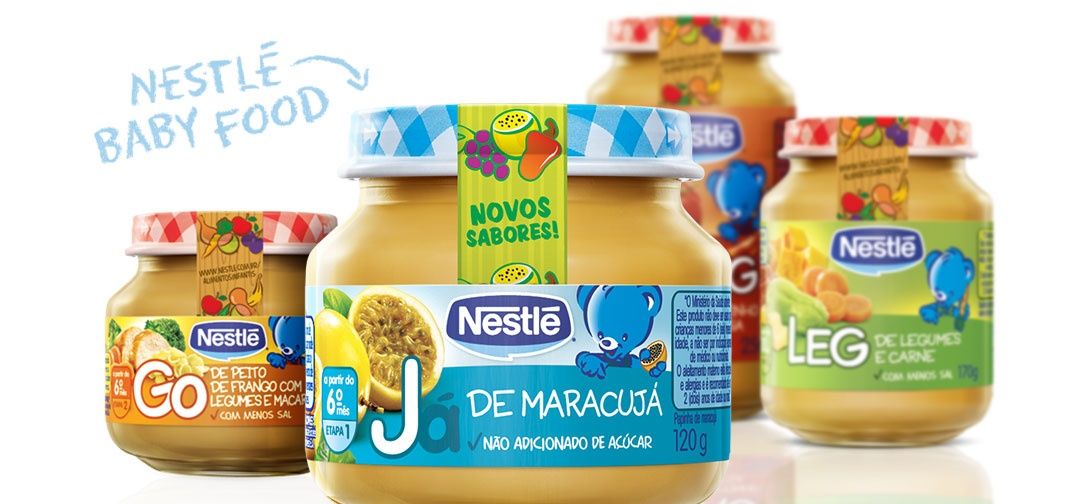
“Although onion water and onion tea have been touted as a curative for colic and upset tummy in babies, there’s no scientific evidence to support their effectiveness,” says Shea.
Plus, infants and any kind of “tea” shouldn’t mix. “Babies under the age of 1 shouldn’t be given fluids other than breast milk or formula,” Shea notes.
Ah, teething — that challenging time when your little one is extra fussy and drooling like a fire hose.
Similar to the advice you may read about onions and colic, you may hear onions touted as a solution for babies’ teething woes. Give your little one a bit of frozen green onion (or even raw white onion) to gnaw on, say proponents, and watch their fussiness disappear.
So are onions a legit teething remedy? It’s possible your child may enjoy the soothing sensation of anything frozen when teething, but tales of onions as a curative for gum pain are anecdotal at best.
However, it’s certainly not wrong to give your child onions while teething.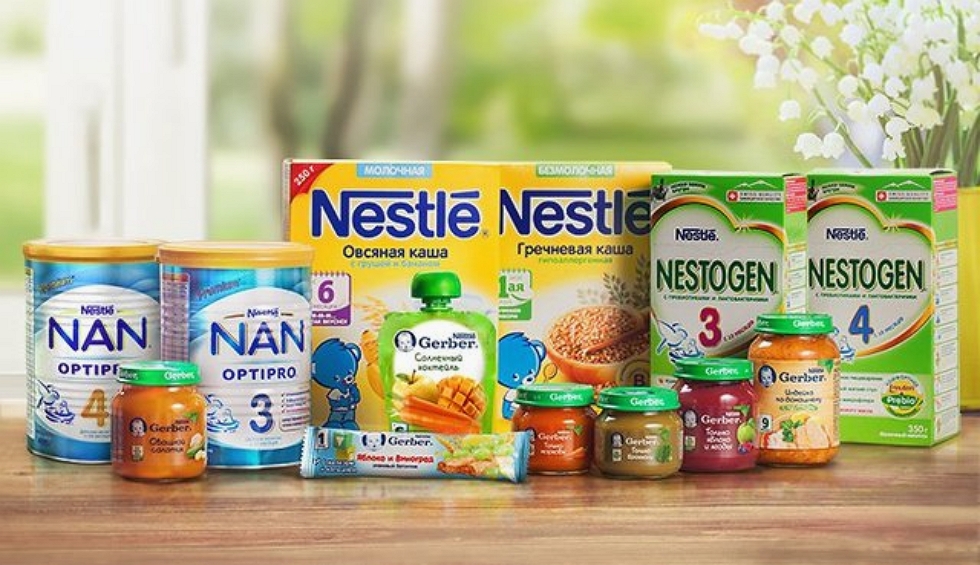 “Onions are safe to feed babies when they’re teething, and parents can mix cooked onions into foods as they normally do,” says Shea.
“Onions are safe to feed babies when they’re teething, and parents can mix cooked onions into foods as they normally do,” says Shea.
“Babies’ appetites and the amount of food they normally eat is typically lower during teething times, so parents shouldn’t be surprised if their baby doesn’t want onions from time to time.”
Other than onions’ strong flavor, you may wonder if you should hold off on feeding them to your child for other reasons, such as food allergies.
“Onions aren’t considered a common food allergen; however, babies can be allergic to any food,” says Shea. “When introducing onion, start by offering a small amount for their first couple of introductions, watching closely for adverse reactions.”
There’s one other potential pitfall of feeding your baby onions: gas. Fortunately, a simple fix can reduce the likelihood of your little one tooting up a storm after a dinner of onion soup. “Serving cooked onions, rather than raw, may be easier on digestion, as well as more palatable to babies,” says Shea.
With their savory, aromatic flavor and tons of health benefits, onions can be a healthy, tasty addition to your baby’s diet.
To prevent gas and reduce choking risks, just be sure to serve them cooked — not raw — and in small pieces.
And don’t worry if your littlest eater turns up their nose at onions the first few times. The more you experiment with offering onions in various packages, the better the chances you’ll soon get a smile (and a bit of baby onion breath) upon serving these veggies.
When to Introduce, Health Benefits & more
Onions are used in almost every dish that is prepared around the world. Therefore, many parents wonder if it is safe to feed onions to their babies. The digestive system in your baby will develop as he grows. He, therefore, needs to be weaned on to every food slowly and steadily. This article will provide you with some essential information about the right time to introduce onion into your little one’s diet and how to do it safely.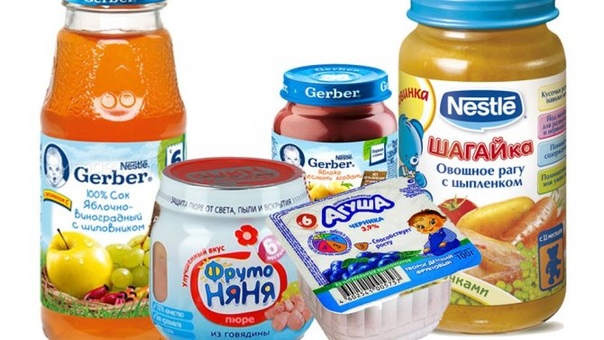
When to Introduce Onion to a Baby
It goes without saying that you should introduce onion into your baby’s diet after he or she starts successfully consuming solid foods like fruits and vegetables. Typically, it should be introduced only after the baby is 6 months old, but it is best to introduce it at around 8 months of age, especially if your baby has a sensitive digestive system and experiences bloating after consuming onions, in which case you should wait another year.
How to Give Onions to a Baby
Like with other solid foods, you should introduce onions gradually in small quantities. It should always be cooked to make it easier for your baby to digest it. You can add cooked onion to vegetable purees along with rice, peas or carrots. Make sure you always cook the onions well, so they do not interfere with your baby’s digestion and gain as much health benefits as he can.
Health Benefits of Onions for Babies
There are several health benefits of onions for babies.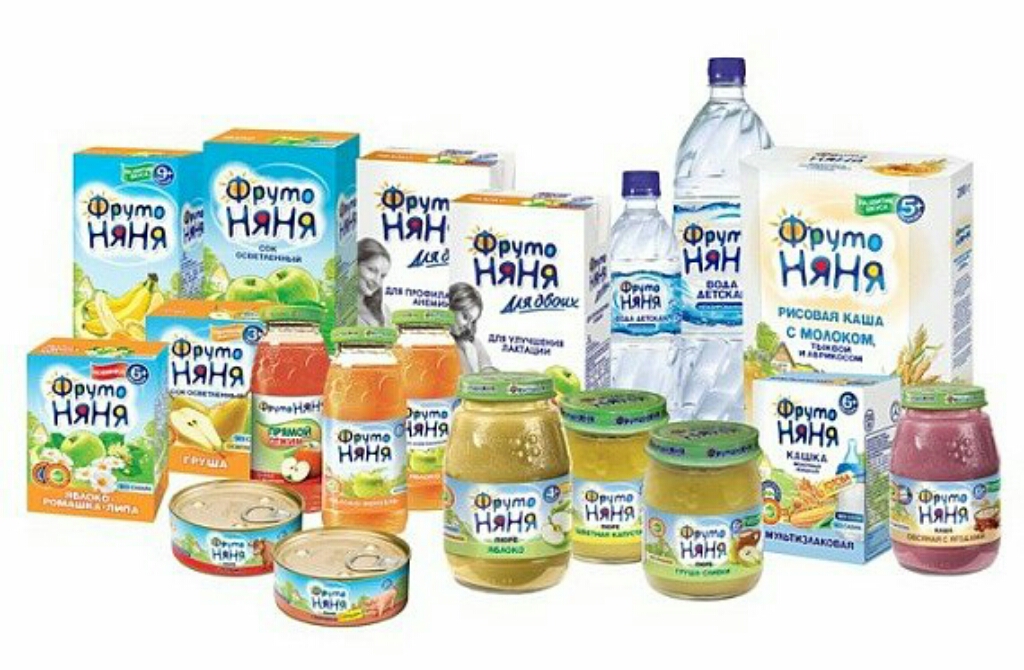 Here are some of them:
Here are some of them:
- They are excellent sources of antioxidants which are essential nutrients that can help your baby fight off diseases.
- If your baby has symptoms of asthma, onions have anti-inflammatory properties, which can help reduce the symptoms.
- Onions are heart-healthy and can help lower the cholesterol levels in later life.
- They are good sources of Vitamin C and can prevent bacterial infections and enhance your baby’s immune system.
- Your baby’s ability to absorb iron from other foods will be enhanced by eating onions.
- Onions are great sources of polyphenols (plant nutrients).
- Onions are good for a baby’s stuffy nose, and people also use onions for curing cough in babies.
How to Choose and Store Onion for Baby Foods
Pungent onions and shallots are the best when you consider their health benefits, but babies have sensitive tongues, so it is better to choose sweeter varieties. Green onions are good for baby teething.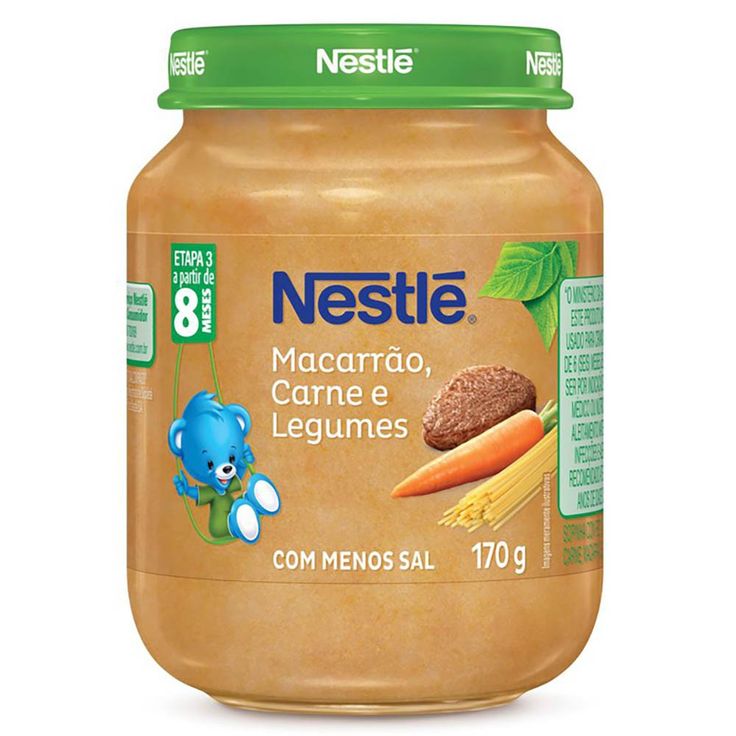 Make sure to choose onions which are papery and dry on the outside and don’t feel soft. At home, you can store them in a hanging basket so that air can circulate around them. Avoid cutting and storing or freezing onions as they lose their nutritional value.
Make sure to choose onions which are papery and dry on the outside and don’t feel soft. At home, you can store them in a hanging basket so that air can circulate around them. Avoid cutting and storing or freezing onions as they lose their nutritional value.
Important Tips to Remember While Preparing and Cooking Onion for Your Baby
While preparing onions for your baby, always remember that the healthy parts of the onion are in its outer layers. So be careful to just take out the papery skin and not the first few layers as well just because it’s easier. Here are some tips to peel an onion:
- Place the onion in the freezer 30 minutes before cutting it.
- Chop the entire onion and leave the root for the last. It releases the most gas.
- Chop onions while aiming a fan at your face
- Use a sharp knife. The theory goes that this lessens damage to the onion’s cells, releasing less gas.
- You can cut onions under running water, but this can make them mushy and cause some nutrient loss.
Below are tips for cooking onions for your baby:
- Sauté chopped onions over low heat in some olive oil or any vegetable oil till they become golden and tender.
- Cut them into wedges and roast at 350 deg F for 50 minutes to bring out their sweet flavour.
- Onions can add flavour to rice as well. Saute them in homemade stock and mix them with barley or rice.
- You can use onions as stock for your baby’s soups and stews as well.
Tasty Baby Food Recipes With Onion
Below are some tasty onion recipes for your little one:
1. Garden Pea Onion Soup Recipe
This is a delicious and hearty onion soup recipe, perfect for your baby’s mid-morning or evening meals.
Ingredients:
- ½ cup fresh, cooked or frozen peas (thawed)
- 1 medium-size onion, thinly sliced
- 1 tsp butter (unsalted)
- 1 clove
- A pinch of cinnamon
- ½ cup of water
- ¼ cup milk (you can also use cream or soy milk)
Method:
- Heat butter in a pan and saute the sliced onions in it for around 2 minutes.
Add the cinnamon and cloves and cook until the onions are tender. Take out the clove.
- Add the peas and continue cooking while stirring for 3-4 minutes.
- Put the mixture in a blender and puree it until it becomes smooth.
- Return it to the pan and add water into it (as much as you desire) while stirring, until it becomes the texture of the soup. Better to add less water so that it stays more of a puree.
- Bring the mixture to boil, lower the heat and add the cream/milk. Warm the mixture gently and serve.
2. Baked Sweet Onion Recipe
Baked sweet onions can be added to other recipes, too, to enhance their taste.
Ingredients:
- 1 onion
- 1 pinch of black pepper (freshly ground)
- 1 tsp butter (unsalted)
- 1 tsp balsamic vinegar
Method:
- Preheat oven to 350 deg F.
- Peel the onion and after that, cut the top and bottom parts.
- Cut the onion in half, along its width, and place both halves on a greased baking sheet.
The cut side should be facing up.
- Sprinkle pepper on them and put butter on both halves.
- Cover with a foil and bake the halves for about an hour until they become completely tender.
- When your baby is slightly older, you can try sprinkling some balsamic vinegar on the onion halves to bring out the sweet flavour even more.
3. Onion Rings Recipe
This is a healthy recipe for babies who can bite and chew properly.
Ingredients:
- 1 onion (large)
- ¼ cup yoghurt
- ¼ cup whole wheat flour
- ½ cup whole wheat breadcrumbs (dried)
- 1 tsp oregano (dried)
- 1 tsp wheat germ
Method
- Cut the onion into rings.
- Mix the flour, oregano and the wheat germ in a bowl.
- Transfer the flour into a clean bag and add the rings.
- Close the bag’s top tightly with both your hands and shake well, until the flour coats all the onion rings.
- Put the bag in the freezer and freeze for 20 minutes.
- Mix the oregano and wheat germ into the breadcrumbs.
- Take out the onion rings from the freezer and then dip each of them in the yoghurt.
- Following that, coat each one in the breadcrumbs.
- Place the rings on a greased baking sheet and bake at 400 deg F for around 10 minutes. Turn them and then cook for another 10 minutes, until they become golden brown.
- Cut the rings into baby bite-sized pieces and serve them to your baby.
The best thing about cooking with onions is that their water-soluble nutrients will never go to waste. Try the above recipes and make your little one a fan of onions.
Also Read:
What Health Benefits and Safety Measures Ginger Provide to Babies?
Arrowroot – An Ideal Baby Weaning Food for Babies
A Definitive Guide to Give Corn to Babies
Can a child have onions? From what age do green and onions give
There are several types of onions: onions, white, red, and onion shoots - green onions. They are united by common beneficial properties: a high content of vitamins, especially vitamin C (100 g of green onions contain 30 mg of vitamin C - this is more than a third of a preschooler's need) and microelements (calcium, copper, iron and phosphorus, potassium, magnesium and, very importantly, , iodine), the presence of natural phytoncides for the destruction of microbes (primarily viruses, as well as bacteria such as diphtheria, tubercle bacilli, streptococci), which makes it a good prophylactic for seasonal respiratory diseases. There is a lot of beta-carotene and folic acid in onions, which are important for the proper growth and development of the child. Due to the high content of essential oils, onions increase appetite, but this also limits its use in pediatric practice.
See what else can increase your baby's appetite
Essential oils are not recommended for children of the first year of life, as they can irritate the mucous membranes of the digestive system, and older ones may refuse this product due to its specific taste.
If the child does not like the taste of onions or green onions, they can be replaced with leeks or red onions, which contain less essential oils and taste less harsh. The use of onions in diseases of the liver and biliary tract, inflammatory bowel diseases, gastritis and stomach ulcers is not shown.
And another unpleasant feature of eating onions is the appearance of bad breath. This can be avoided by soaking the onion for half an hour in cold water and using it with fatty dressings (vegetable oil, sour cream).
Important!
Experts disagree about when to include onions in a child's diet. However, most pediatricians believe that it is not recommended to introduce fresh onions of any kind before 1 year of age. In children older than 8 months, it is possible to add no more than 5 grams of boiled onions to meat purees, soups, boiled vegetables.
Children older than a year can include green onions in the diet, also first in a thermally processed form (for example, in soup) in the amount of 5-10 grams, and then from a year and a half you can start adding it fresh, adding it to a salad.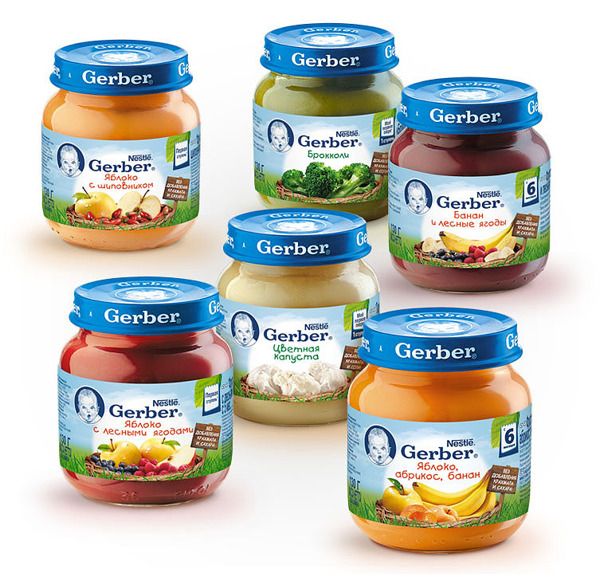 At the age of two years, the amount of onion can be increased to 15 grams per day.
At the age of two years, the amount of onion can be increased to 15 grams per day.
If a child categorically refuses to eat onions in any form, then you can add an onion head in the process of making soup, and remove it before serving. Vitamins and trace elements from it will pass into the broth, and the baby will not have any discomfort.
It is necessary to introduce onions into the diet gradually, in small portions, following the rules for the prevention of allergic reactions. Be sure to carefully monitor the condition of the baby after he tries a new product for him.
If you give your child green onions, then it is better to give preference to self-grown ones. This can be done during the year on the windowsill, and in the summer - in the country or garden.
Please note that any greens, and green onions in particular, require good processing before use, since worm eggs and pathogens of intestinal infections that have fallen from the ground can attach to the leaves. For these purposes, the greens are washed well under running water, then soaked in water at room temperature. After soaking, the greens are carefully, without shaking, removed from the bowl and washed again with cold running water, which at the end is replaced by hot water for 30-40 seconds.
Onions for children. When | Nutrilak
Tiunova Elena
Published: 01/16/2023
Reading time: 5 minutes
371
They heal with onions, they cry from onions. Someone loves onion soup, someone will not touch food until they pick out the smallest transparent pieces from it with a shudder. The onion is bitter, it has a pungent smell, few children immediately like it. And yet, without onions, the taste of your favorite dishes would not be the same.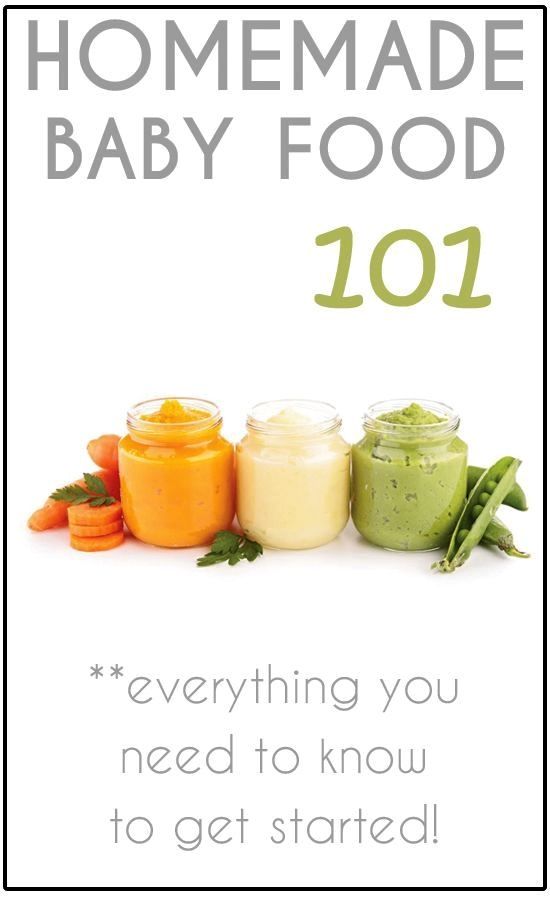
Can children have onions?
Onion is useful literally for everything: it increases immunity, kills microbes, stimulates appetite, improves digestion and metabolism, strengthens the walls of blood vessels. A sharp-smelling bulb is both an antibiotic and a vitamin-mineral complex, in general, a real mini-pharmacy. Of course, such a healthy vegetable is necessary in the children's menu.
But, as with any product for children, questions arise at what age to give onions to a child, in what form and how much to offer. Let's try to answer them.
At what age should onions be given to a child?
While zucchini, broccoli or potatoes can be prepared as a single-ingredient dish, spicy onions are used only as a seasoning to improve the taste. You can add it little by little in boiled form to soups and mashed potatoes for a child from 12 months after getting to know other vegetables, but do not forget to watch the reaction of the baby's body.
This is important!
It is not recommended to give onions to children under 12 months of age.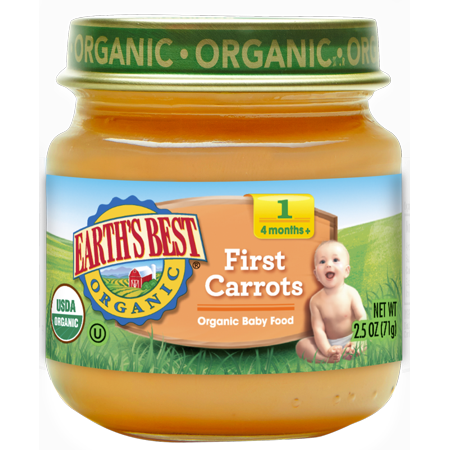
Raw onions irritate the delicate mucosa of the digestive tract, so it is not recommended for children to give them before the age of three. However, if the child eats from the common table and eats a spoonful of salad with raw onions in the composition, it's okay. If the baby receives such a dish for the first time, make sure that the amount of the new product is small. Then a couple of days it will be useful to observe whether everything is in order with the baby's tummy. If there are no problems, then such microportions will not harm the child. The main thing is that the baby does not receive raw onions in large quantities every day.
Is it worth giving green onions to a child
In green onions, the concentration of useful substances is higher than in onions, especially greens, unlike onions, do not store for a long time and do not have time to lose their properties. That is why green onions can be given to children. It serves as a valuable source of vitamins and minerals.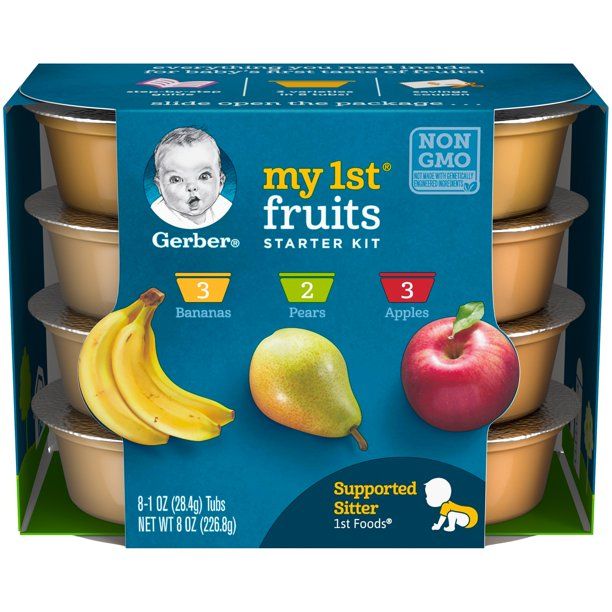
At first, like onions, green onions should be given to the child only after heat treatment, that is, added to soup or another hot dish.
This is important!
From about a year and a half, you can add a few finely chopped fresh green onions to your dishes. When the baby learns to chew well without the risk of choking, you can offer him to nibble on thin young onion feathers or leave them on a plate in the baby’s field of vision and set an example.
The child does not eat onions. Should it be forced?
Only in a fairy tale Pinocchio crunched a whole onion with appetite, in real life a kid rarely likes the pungent smell and bitter taste of this vegetable. If a child protests against onions in his plate, in no case should you force him. Food violence is just as much violence as any other, and it won't do you any good.
If a child refuses to eat onions, there are two ways to do it. The first is not to insist that he eat this dish, and offer the onion meal later, after a few days.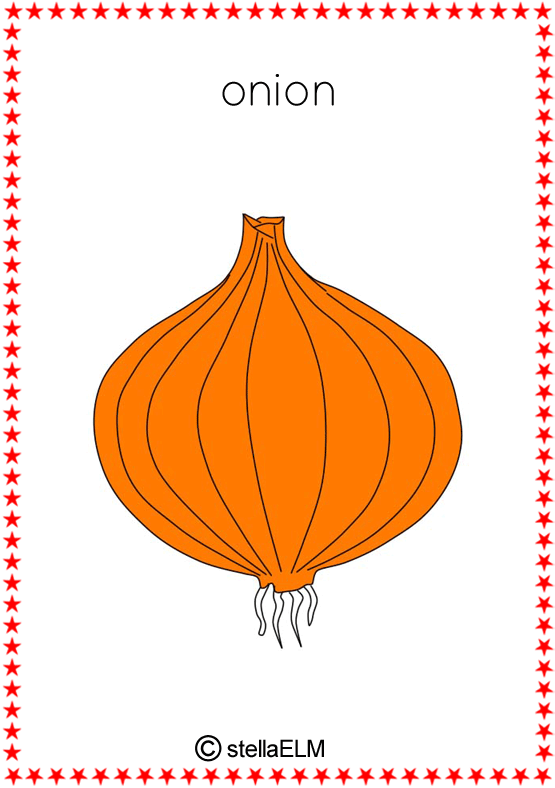 Sometimes it takes up to 10-15 attempts for a baby to accept a new product that he did not like at first.
Sometimes it takes up to 10-15 attempts for a baby to accept a new product that he did not like at first.
The second way is to give a bow to a child without seeing or feeling it. You can put a whole onion in the soup, and shortly before the end of cooking, throw it away. She will convey the taste, smell and some of the nutrients, but even the most attentive young detective will not find traces of onions in such a soup. You can just chop the onion very, very finely when cooking: in hot dishes it will boil and will not be visible, and in salads it will become less noticeable.
As a rule, the period of categorical rejection of most products passes with time. Sooner or later you will see that the child eats onions as if nothing had happened.
List
- Children can eat onions, they are good for health, although they are sharp in smell and taste.
- Boiled onions are given to a baby from 12 months, raw - from three years.
- Green onions should also be given to a child.
Its feathers contain more nutrients than onions.
- It is not necessary to force a child to eat onions. You can either offer dishes with onions more than once, or make them less noticeable in dishes.
Article author
Tiunova Elena
Pediatrician of the highest category, nutritionist, candidate of medical sciences, associate professor of the department of faculty pediatrics and propaedeutics of childhood diseases, Ural State Medical University
About the author
Share on Vkontakte Share on Odnoklassniki
Contents of the article
- Can children have onions?
- At what age should onions be given to a child?
- Is it worth giving green onions to a child
- The child does not eat onions.
Learn more


